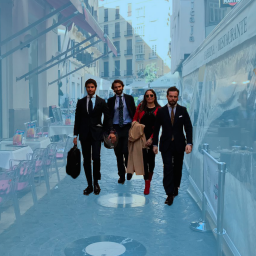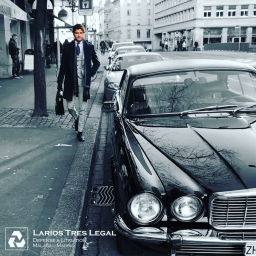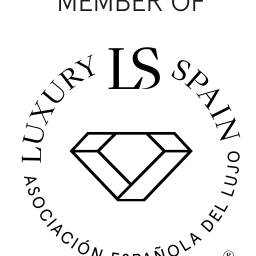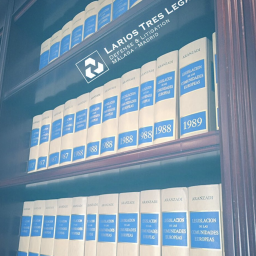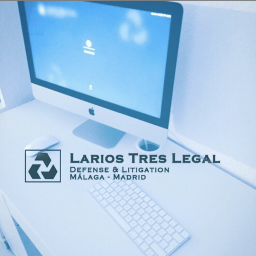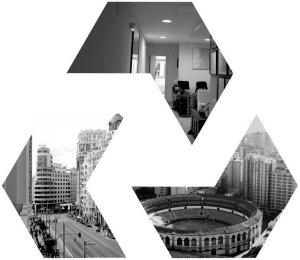
LARIOS TRES LEGAL
Greenwashing.
The recent European Union (EU) Greenwashing Directive (Directive 2024/825), represents a crucial legislative response aimed at addressing the phenomenon of greenwashing and planned obsolescence within the market, with the imperative of promoting sustainable consumption and safeguarding consumer interests against misleading commercial practices.
This legislation is part of a European Commission initiative that aligns with the EU Circular Economy Action Plan and the New Consumer Agenda, with the explicit purpose of fulfilling the commitments set out in the 2019 European Green Pact.
But what is greenwashing?
Greenwashing is a deceptive practice in which a company or individual pretends to present itself as environmentally friendly without having real actions to support it (exaggerated or false claims about the sustainability of a product or company to attract to attract consumers concerned about the environment).
What are the pillars of this Directive?
Regarding the European Green Pact aims to empower consumers to make informed choices and actively participate in the transformation to a more sustainable economy.
In this context, the Greenwashing Directive is structured around three key pillars: empowering consumers to make more informed choices, eradicating practices that hinder sustainable consumption, and guaranteeing consistent application of the legal framework for consumer protection across the EU. greenwashing circular economy – blanqueo ecológico- greenwashing-
To address these goals, the Directive introduces specific provisions designed to counter unfair commercial practices that mislead consumers and hinder sustainable consumption choices. These practices include both greenwashing and planned obsolescence, which reduces the durability of goods to encourage more frequent purchases. This is why now, for example, a smartphone has a life of between 2-5 years and before a cell phone was well beyond that interval.
What is the Directive doing to address this problem? What are the most important changes?
Well, it has been responsible for amending both the unfair commercial practices Directive and the EU Consumer Rights Directive. The most significant changes include the addition of new unfair commercial practices to the Unfair Commercial Practices Directive’s blacklist, the introduction of environmental, social and circular economy criteria to assess the veracity of commercial practices, and the addition of pre-contractual information obligations on reparability and durability of products.
What are some of the prohibited commercial practices?
Among others, general environmental claims that are not supported by relevant and recognized evidence, as well as claims of neutrality or positive impact on the environment based on offsets of greenhouse gas emissions. Similarly, the display of sustainability labels not backed by official certification is prohibited.
And what kind of practices are prohibited with respect to planned obsolescence?
Well, we find some such as hiding the negative effect of software updates and falsely claiming the durability or repairability of products. Also establishes criteria for assessing the veracity of commercial practices on a case-by-case basis, including consideration of claims about future environmental performance and irrelevant benefits.
What does the Directive establish to improve transparency and pre-contractual information?
To this end, the Directive establishes new obligations for traders, including the disclosure of information on guarantees of durability, repairability and availability of software updates. It also requires detailed information to be provided in distance contracts on payment procedures, delivery and complaint handling.
To sum up, the EU Greenwashing Directive represents an important milestone in protecting consumers from misleading commercial practices related to the environmental and social sustainability of products. By promoting sustainable consumption and establishing more rigorous standards of transparency and truthfulness in the information provided to consumers, this legislation contributes significantly to the transition towards a greener and more responsible economy.
As a recent example, we can see how the European Commission and various consumer organizations are conducting an investigation into several airlines, including Vueling and Volotea, in relation to potentially misleading practices linked to carbon dioxide (CO2) offsetting.
These airlines offer consumers the option of paying additional fees to offset the emissions generated by their flights, without a solid scientific basis to support the effectiveness of such measures.
Faced with this situation, the European Commission has given these airlines 30 days to present proposals for a solution, warning of possible sanctions if they fail to address these concerns.
This case underlines the importance of avoiding greenwashing and promoting transparency in business practices related to environmental sustainability.
AutorSusana Domínguez Romero Jurist - Legal Advisor
Contact information+ 34 697 302 341
susana.dominguez@lariostreslegal.com
Services
Real Estate
Quantity claims
Civil Responsibility
Corporate
Accounting




